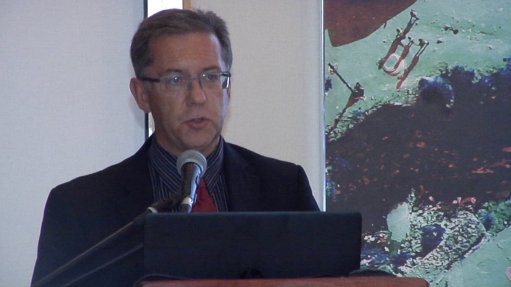
Following the launch of ‘The State of Green Technologies in South Africa’ study last month in Johannesburg, the Academy of Science of South Africa (Assaf) says the study aims to increase the development of green technologies as a way of stimulating economic growth, creating job opportunities and mitigating ecological risks.
Assaf chairperson Professor Eugene Cloete said during the launch that the study came at a time when South Africa was facing several challenges across industries, which enabled government to consider the use of resources and their importance to mitigate these challenges.
He further noted that green technologies aimed to decouple economic growth from environmental degradation and maintain ecological integrity and social wellbeing.
The study highlights the many factors that influence the deployment of green technologies, such as cost, geographic availability, technological, readiness, job creation potential, the availability of skills and government policy.
In South Africa, the high contribution to greenhouse-gas (GHG) emissions illustrates the greatest need for intervention through green technologies.
The study indicates that energy supply and consumption contribute 78.9% of GHG emissions, industrial processes 14.1%, agriculture 4.9% and waste 2.1%. Introducing green technologies to the energy sector will, therefore, have the greatest impact on mitigating GHG emissions.
Moreover, according to the Technology Needs Assessment – an assessment done to identify barriers to technology transfer and measures to overcome them, carried out by the Department of Science and Technology (DST) in 2007 – green technologies prioritised solar power and waste management as mitigation responses to the energy and pollution crisis.
Incorporating the 2010 ‘Pathways to a Low-Carbon Economy’ report by advisory firm McKinsey & Co into its study, Assaf points out that the green technology report takes into account the cost and potential of reducing GHG emissions; it also shows that the introduction of renewable energy and biofuels offer the greatest opportunities for green technologies.
However, this raises the question: Is South Africa technologically ready to use these energy efficient alternatives? Considering this, the Assaf study mentions that placing the technologies on a technology readiness level (TRL) tester, which guides decision-making regarding implementation, must be considered.
Nine levels are defined within the tester, with TRL 1 being the lowest and TRL 9, the highest.
Drawing on the findings of the study, DST deputy director-general Thomas Auf der Heyde said during the launch that Assaf’s work on the study took into consideration government’s National Development Plan and the New Growth Plan, as the sectors that needed green technology implementation, as identified by the study, were also the ‘niche technology areas’, according to government.